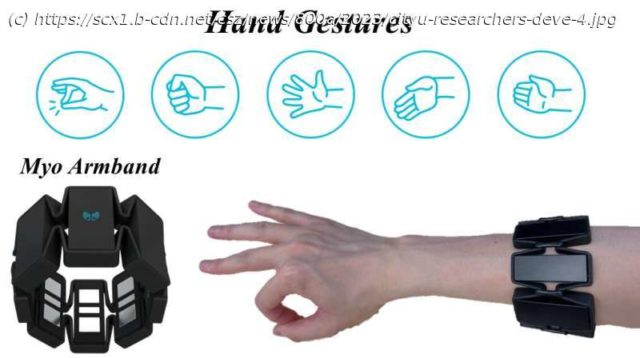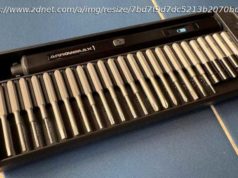Surface electromyography (EMG) has been widely used to measure the electrical activity of muscles. However, the variability in EMG sensing signals due to biological differences of different users significantly degrades the performance and potential of EMG systems.
Surface electromyography (EMG) has been widely used to measure the electrical activity of muscles. However, the variability in EMG sensing signals due to biological differences of different users significantly degrades the performance and potential of EMG systems.
Recently, researchers from City University of Hong Kong (CityU) developed a deep learning-based framework called EMGSense, which can achieve high sensing performance for new users using AI self-training techniques. This opens a new path for developing more advanced and accurate wearable EMG devices in areas like neurorehabilitation and virtual reality.
This latest invention won an award at The 21st International Conference on Pervasive Computing and Communications (PerCom 2023) held at Atlanta, U.S.. It helps overcome the bottleneck in existing approaches and supports the widespread adoption of EMG-based applications.
EMG measures the electrical activity of muscles using surface electrodes on the skin. EMG-based sensing has attracted considerable attention in recent years and has created a lot of intelligent applications, such as neurorehabilitation, activity recognition, gesture recognition and virtual reality.
But a fundamental challenge in existing EMG systems is how to tackle cross-user scenarios.






